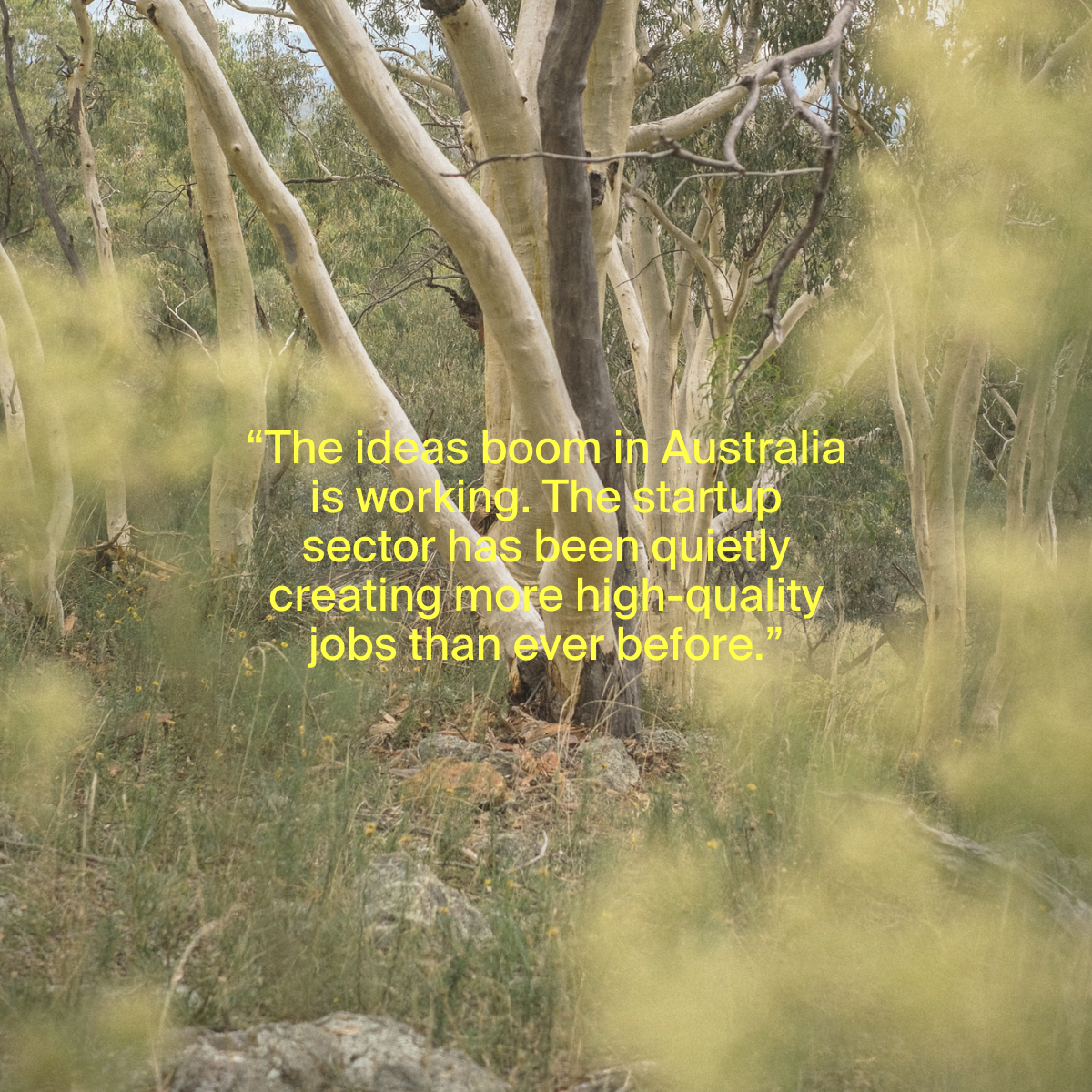Over the last few years I’ve been seeing that super distinctive ‘B’ logo popping up on a lot of companies I love and respect — from Hootsuite to Warby Parker; Patagonia to AllBirds (and let’s be honest, if I didn’t wear Patagonia with my AllBirds, am I really a VC??).
These are all very different types of businesses, but they all have one thing in common — they’ve all committed to building their businesses as a force for good, as well as for profit. It’s a lofty ideal, but B-Corps really do take their commitment to sustainability and fair business seriously — so much so that they’ve decided to go through the rigorous certification process to measure it.
As a startup founder you might think that this is something that only big companies do. But at AirTree we’ve been lucky enough to back a few early stage startups that have become B-Corps too — like insuretech company Huddle and fashion rental company GlamCorner. So I’ve seen firsthand some of the awesome benefits it can bring to startups and the world.
So what are B-Corps all about?
Certified B Corporations are businesses that meet specified standards of verified social and environmental performance, public transparency, and legal accountability to balance profit and purpose. The bar for each of these is pretty high.

Companies that go through the rigorous certification process (which can in some cases take years) are pledging their commitment to their values and demonstrating to other businesses and their customers their dedication to being a values-driven business.
“B-Corp is to business what Fair Trade certification is to coffee or USDA Organic certification is to milk.”
B Labs website
How many B-Corps are there?
There’s over 3,000 B-Corps in the world across 71 countries. In Australia and NZ, there are now 227 certified B-Corps, employing more than 4000 people and turning over $1 billion in revenue.
What sort of businesses are becoming B-Corps?
B-Corps come from a whole host of different types of businesses — and not just businesses that you would traditionally associate with having a social impact. At our event we heard from startups in industries from Insuretech (Huddle) to superannuation (Future Super) and fashion (GlamCorner).

According to Andrew Davies, CEO of B Labs Australia:
The businesses that tend to become B-Corps are the ones that have a lot of passion. You don’t wake up one day and think I need to do a bit better so I’m going to become a B-Corp. Because becoming a certified B-Corp is enormously challenging and often takes years and huge amounts of resources to get there, so it’s not something that you do lightly.
Why become a B-Corp?
Our panel all agreed that the benefits of becoming a certified B-Corp were significant:
Aligning your business with your values: The key benefit mentioned by all of our panelists was to embed a broader mission in their business. If, like our panelists, you believe that business has a responsibility to the community and to the planet, as well as shareholders, then becoming a certified B-Corp is a great way to align your entire business with those values.
Running a business is making lots of difficult decisions. B-Corp gives you a framework which can help you make those decisions in accordance with your values.
Jonathan Buck, Co founder of Huddle
Being a B-Corp enables you to have your values embedded across the business, so as the team grows, your culture and values are maintained across it.
Audrey Khaing-Jones, Co founder of GlamCorner.
Hiring: Having a mission driven culture is one of the best hiring hacks there is. The best people choose where they want to spend their time, and if you can offer a higher purpose, then you can outcompete GOOG and FB for talent.
From a talent perspective, it puts a clear signal to people who are looking to join Huddle.
Jason Wiley, Co founder of Huddle
Scaling up: An unexpected benefit to some of the panelists was helping them build scalable and transparent processes as their business scaled. The certification process forces you to to write down your policies and have the entire team buy in to them — which helps build scalable processes into your DNA.
How do you become a B-Corp?
To become certified, businesses must achieve a minimum score across a range of areas, including environmental, social, and legal standards, as well as transparency and accountability requirements.
The process starts with a self-assessment questionnaire — you can do it yourself for free here.
You then move on to an audit which is a formal verification process, run by the local B-Corp authority. In Australia, the certifying body is B Lab Australia New Zealand. They will engage with you and ask for a bunch of documents to verify your answers. For most small businesses the process will be entirely online or over the phone.
In the certification process there are a total of 200 points on offer, and you need to hit 80 points to certify. Once approved, the certification lasts three years before you need to re-certify.
It sounds easy but is enormously challenging. Most businesses when they first use the assessment tools they come in around 50.
Andrew Davies, CEO of B Labs Australia
When is the right time for a startup to get certified?
It’s a B-Corp requirement that you have 12 months of trading history (and revenue) when you apply. This is because the certification process is rear facing and looks at what you have done, not what you are going to do.
For startups that are pre-revenue, we recommend engaging with [B Lab’s] impact assessment tools and building policies into your business so that when you have 12 months of trading history the application process will be more simple.
Andrew Davies, CEO of B Labs Australia
Beyond this — you need to have a big enough team that you can dedicate the time required to go through the certification process. This will be different for each company. As an example, Huddle were 2 years old and had 10 people when they first applied. GlamCorner were 6 years old and had 40 people.
How long does it take?
For each of our startup panelists, the application process initially took between 6 and 12 months, depending on what changes in their business were required to pass certification. For younger companies, it may take longer.
What does it cost?
B-Corps pay an annual certification fee based on revenue. Fees start at $500 for businesses with under $200,000 in revenue, up to $50,000 for businesses with more than $1 billion in revenue.
Other practical tips
Drive the process from the top down. Start early, and don’t give the job to an intern. You need to have sufficient engagement across the business to be able to ask the right questions.
Andrew Davies, CEO of B Labs Australia
You may find that going through the audit process multiple times enables you to dramatically increase your score. “Each time our scores increased because we learn more about what to do and we see other best practices throughout the B-Corp community.
Kirstin Hunter, MD @ Future Super
When you are first answering the self assessment form, don’t get stuck down rabbit holes. If a question doesn’t apply, just hit N/A and move on“ — Andrew Davies, CEO of B Labs Australia
When you have offices in multiple countries, certification can become complex, but as a rule of thumb “as long as you are trading under the same brand, then you will only need to certify in your home country, at least initially” — Andrew Davies, CEO of B Labs Australia








